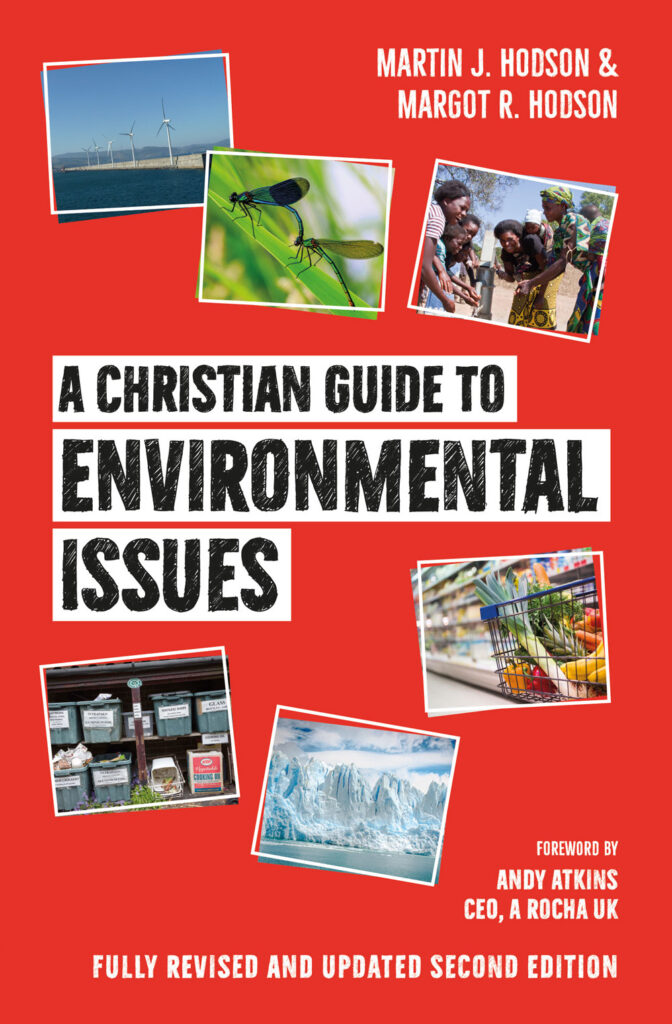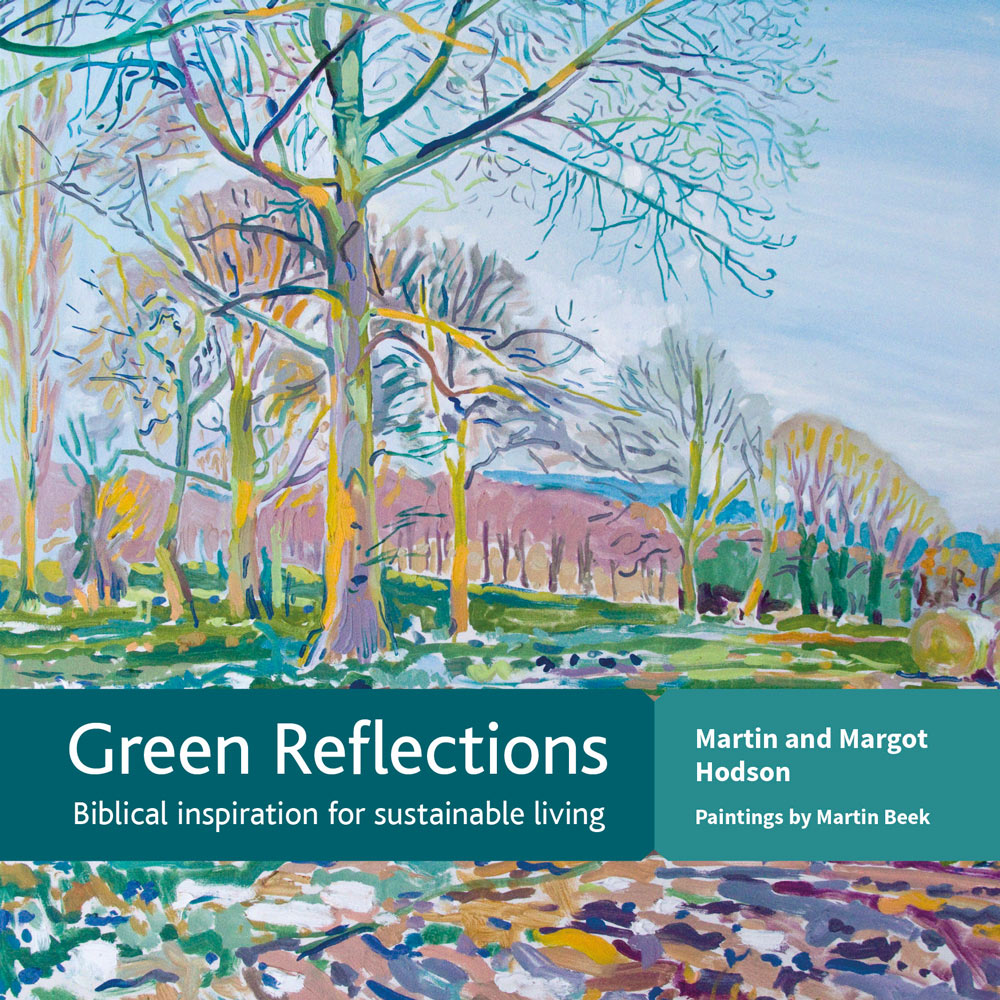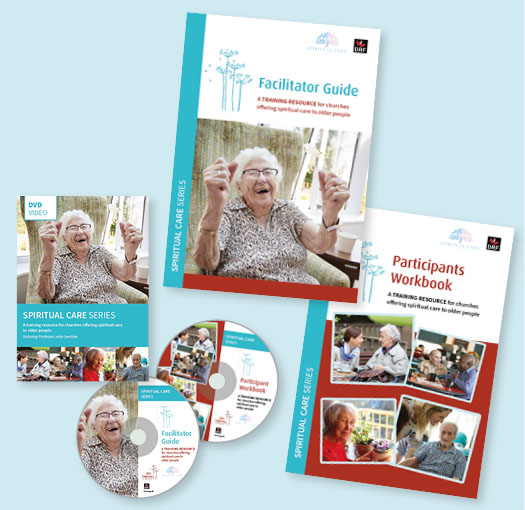In the first of a new series of articles to mark Creationtide (1 September–4 October), plant scientist and environmental biologist Martin Hodson provides a brief update on climate change.
25 September 2022
A wake-up call for the world?
We are now in the Season of Creation, or Creationtide, as it is also sometimes known. It is a season where Christians of many traditions set aside some time to consider the created order. Of course, it often coincides with church Harvest celebrations. We reflect on our bountiful creation, but we also consider the problems that are besetting it. After the summer we have had in the UK, there is one problem that has really focussed our attention, and that is climate change. So, it seems an appropriate time to update you on this topic.
There is no doubt that the heatwaves we have experienced this summer have been unusual events. The highest temperature ever recorded in the UK (40.3oC) was noted at Coningsby, Lincolnshire, on 19 July 2022. On that day, temperatures totally smashed the previous record in several places. The Met Office estimated that this event was made ten times more likely as a result of climate change. We then had a somewhat cooler period before the heat returned on 9 August. This heatwave did not reach the extreme temperatures of the month prior, but it was longer, lasting until 15 August.
The extreme heat was not the only problem, as dry weather persisted throughout the summer, leading to a drought in much of the south and to the imposition of hosepipe bans in many areas. Wildfires increased, and plants really suffered. Even mature trees lost leaves.
The weather was far worse in many parts of France, Italy and Spain. Further afield, China has had a massive heatwave far surpassing ours, and then we have been shocked to see the floods in Pakistan. Will all this be a wake-up call for the world?
‘Temperatures totally smashed the previous record in several places. The Met Office estimated that this event was made ten times more likely as a result of climate change.’
A massive turnaround
There is just a chance that governments are, at last, beginning to act on climate change. The Australian government was previously sceptical about human-induced climate change, and they were seen as quite obstructive in global negotiations. This was despite continual heatwaves, forest fires and floods in their country.
The Australian election of May 2022 changed all that. Really for the first time ever in a democratic state, climate change was seen as a major topic. The Liberal Party of Scott Morrison was defeated by Anthony Albanese’s Labor Party. Moreover, the Green Party made substantial gains as did Independents who stood on a climate ticket.
‘For the first time ever in a democratic state, climate change was seen as a major topic.’
Within months of the election a new climate bill set two targets: a 43% cut in greenhouse gas emissions below 2005 levels by 2030, and a reduction to ‘net zero’ by 2050. A massive turnaround.
The biggest ever climate change act
Then, in the United States, after months of wrangling, the obscurely named Inflation Reduction Act (IRA) passed into law on 16 August. Among other measures, the act promotes investment in domestic energy production and clean energy. It is the biggest climate change act ever passed. Let us hope that this will encourage the UK government to take similar action.
What about the church? Well, there is some good news here as well. From 26 July to 8 August, bishops from around the world gathered for the Lambeth Conference, which meets about every ten years. There is absolutely no doubt that climate change and environmental issues had a much higher profile at this meeting than at any previous one. The reason for this change is clear. Many of the bishops coming from the Global South have had first-hand experience of the effects of environmental degradation. They know what it is like to suffer the effects of heatwaves, droughts, floods and severe weather events that are much worse than anything we can possibly conceive of in the UK.
‘Many of the bishops coming from the Global South have had first-hand experience of the effects of environmental degradation.’
The Communion Forest
The Anglican Communion launched a major new initiative, The Communion Forest, on 3 August. This involves planting trees and other environmental restoration projects across the Communion. It is a very welcome initiative. In the UK we are seeing a quite phenomenal shift in church concern for the environment across all denominations. The Eco Church scheme, administered by A Rocha UK, has now passed 4,000 churches registered, and more are signing up daily. Those of us who write and speak on these issues are in great demand at the moment. Gone are the days when we would have difficulty in getting our message heard in the church. Now it is difficult to find gaps in the diary!
I have been writing this article while helping lead a week on climate change for Sarum College in Salisbury, which was sponsored by Equipping Christian Leadership in an Age of Science (ECLAS) under their Science for Seminaries scheme. My wife, Margot*, and I spent a wonderful week looking at the science, theology and action with their ordinands. It was an incredibly positive experience, and we helped to prepare many future vicars for ministry in an uncertain future.
‘In the UK we are seeing a quite phenomenal shift in Church concern for the environment across all denominations.’
Urgency and agency
So, there we are. It is not all doom and gloom. There is hope. As Michael Mann, the world-famous climate scientist, says, we have both ‘urgency and agency’. The problems with climate change are huge, but we have the technological capabilities to deal with them. What is needed is the political will, and a whole lot of us to press our governments to act. As you can see above the Church is also moving on these issues now. We can all help with that as well.
Finally, do pray that we will take seriously our charge in Genesis 2:15, ‘The Lord God took the man and put him in the Garden of Eden to work it and take care of it.’ We have not been doing a great job of caring so far, and it is time we changed that narrative.

Dr Martin Hodson is a plant scientist and environmental biologist and has over 100 publications mostly in international science journals. He teaches at both of the universities in Oxford and is the principal tutor for the distance learning course, Christian Rural and Environmental Studies (CRES).
Martin and his wife Margot have published widely together on Christianity and the environment and have several books including…


A Christian Guide to Environmental Issues
In this extensively updated edition, Martin and Margot Hodson give the biblical basis for looking after the environment, helping to integrate environmental thinking into the reader’s understanding of Christian faith.
Green Reflections
Martin and Margot Hodson bring together scientific and theological wisdom to offer 62 reflections inspired by passages from the Bible.
Creationtide resources
A wide range of resources are available to help you mark Creationtide from all the major denominations, including the Church of England, the Methodist Church, the United Reformed Church and Churches Together in Britain and Ireland.
Find out more about The Communion Forest.
A prayer for creation
Incarnated God, incarnated not just in a human body but in the whole natural world, may I stop and take a deeper look at the world around me. I ask that you would open my eyes to see you in it, and that I would experience your eternal power and see your Divine Being in all creation. Amen
From the autumn reflections in David Cole’s The Celtic Year

Spiritual Care Series
Last week, we formally launched the Spiritual Care Series with a presentation from Professor John Swinton of Aberdeen University, along with contributions from Debbie Thrower and the Anna Chaplaincy team. Follow the link below to find out more about this important new resource for churches and communities who want to offer better spiritual care for older people.
*Look out for Margot Hodson’s article for Creationtide next Sunday, 2 October.
